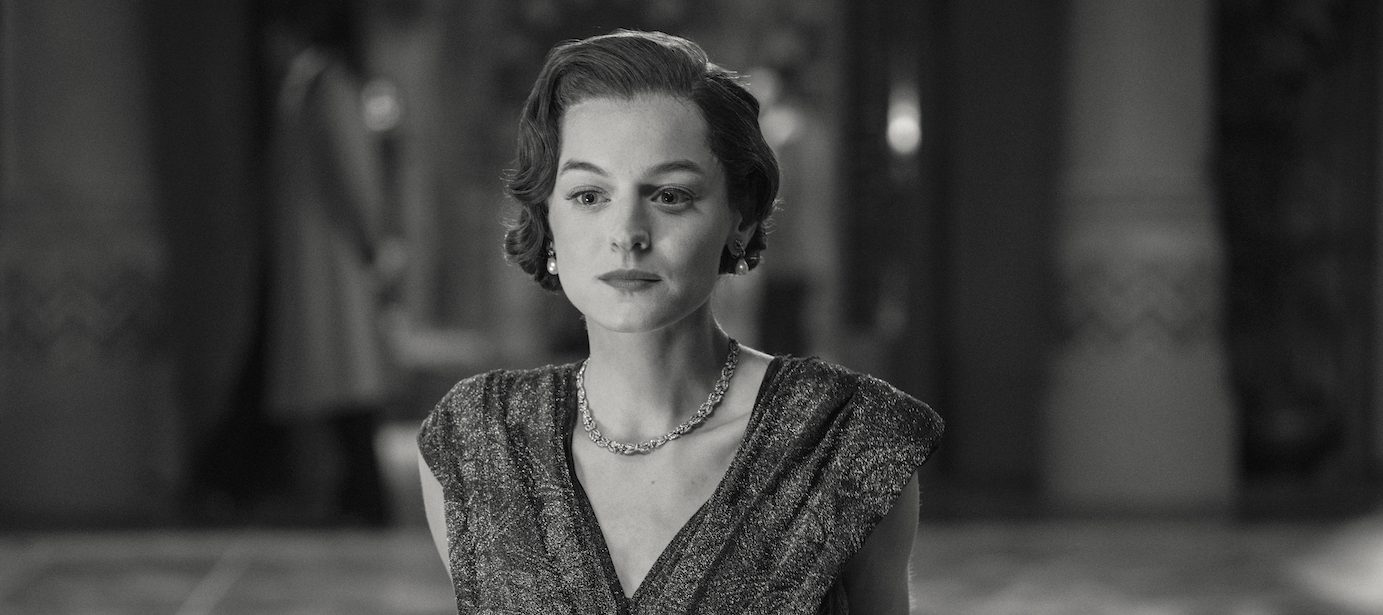The seventh season of Netflix’s ‘Black Mirror’ presents a collection of episodes that invoke a range of emotions in the audience. One of the more unexpected of these is the third episode, titled ‘Hotel Reverie,’ which focuses on a Hollywood star who becomes a part of a radical technology to bring an old film to life. The movie in question, which is also called ‘Hotel Reverie’ made by Keyworth Pictures, stars an actress called Dorothy Chambers, who met a tragic end in real life. Now, her digital version is being used to resurrect her character, Clara. The episode presents a haunting premise that leaves the audience with heartache in the end through the unexpected romance that the digital Clara has with a real-life person. SPOILERS AHEAD.
The Fictional Hotel Reverie Movie is Inspired by an Old Romance Film
‘Hotel Reverie’ is an entirely fictional story that originated from different sources. At first, creator-writer Charlie Brooker thought of making a horror episode where a person tries to restore an old horror film where they discover that they can talk to the people in the film. Another thing that he wanted to do was put an inept actor in the role of James Bond, where an old Bond film is being brought back to life with a modern iteration. In the midst of developing the story, Brooker watched the 1945 film, ‘Brief Encounter’ and he was enamored by the idea of making a romance. This film serves as the inspiration for the fictional ‘Hotel Reverie’ where a married woman named Clara falls in love with an enigmatic doctor, Alex Palmer. The forgotten nature of the film is highlighted by the ruin of the fictional studio Keyworth Pictures, which is reminiscent of the studios that were once huge but could not stand the test of time.

However, the premise is changed drastically, and Clara is secretly targeted by her husband, who wants to kill her. Meanwhile, ‘Brief Encounter’ is more about the forbidden romance between the lead characters and how it affects their married lives. Like Celia Johnson’s Laura in ‘Brief Encounter,’ Emma Corrin’s Clara also suffers from deep melancholia of being trapped in a marriage where there is no love left anymore. But when it comes to Dorothy, there are no similarities, so to speak, between her and Celia Johnson. Dorothy is plagued by the closeted nature of her homosexuality and longs to be with the person she actually loves. She meets a tragic end, which in some ways echoes the fate of Marilyn Monroe. In contrast, Johnson had a long and happy life with her husband, Peter Fleming.
For Corrin, the character of Dorothy, aka Clara, was something she had not played before. It was a challenge and an opportunity she welcomed. She focused on the mannerisms of the actors of that era and noted the inflections of their voices and their overall physicality while playing the larger-than-life movies they used to be a part of. She also loved exploring the emotional side of the story and sharing the screen with Issa Rae was one of the highlights of her experience of playing a movie star from a bygone era. Despite Dorothy/Clara being a digital version of a long-dead actress, she wanted to present her as humanely as possible and give more depth to her ill-fated romance with Rae’s Brandy Friday.


